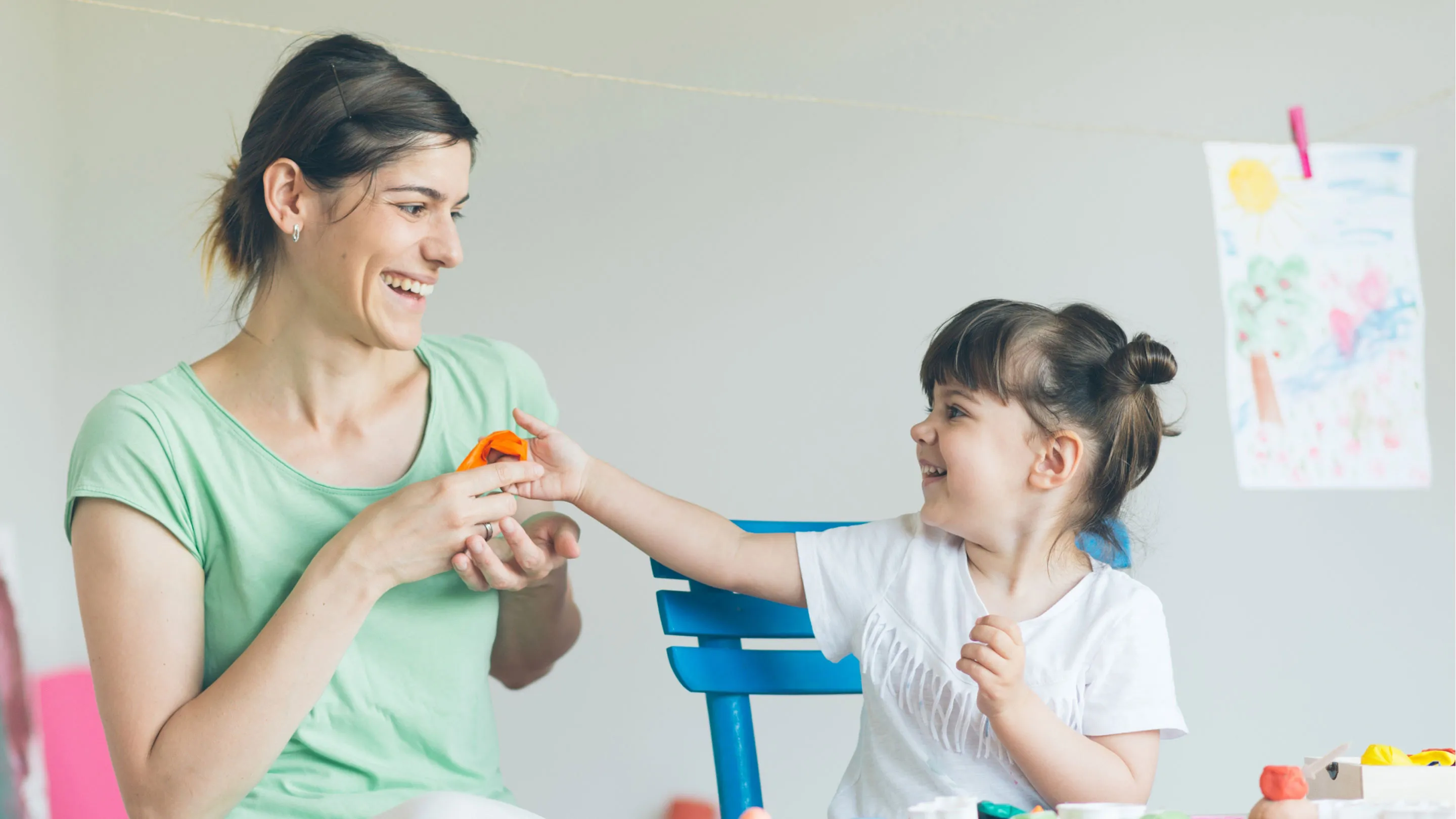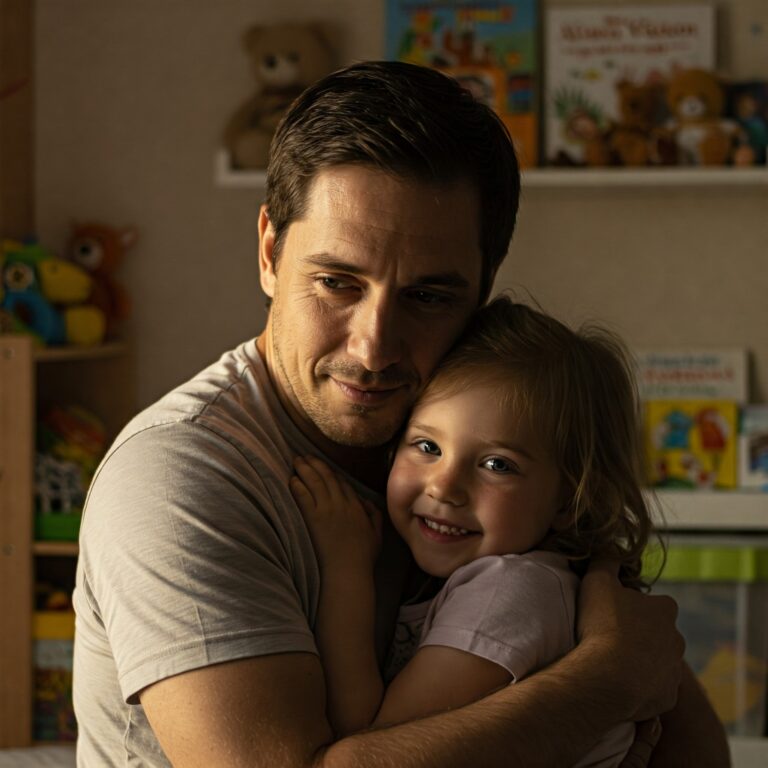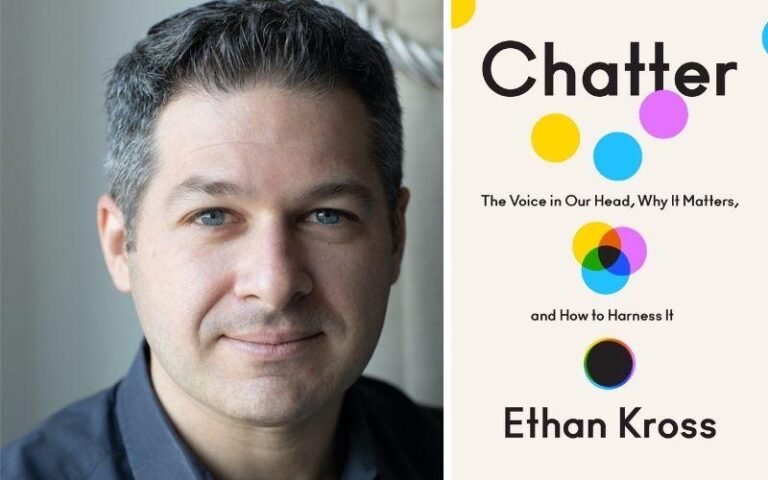Introduction:
As parents, we want our children to grow up to be self-disciplined, responsible adults. But how do we teach self-discipline without resorting to punishment or rewards? In Out of Control, Dr. Shefali Tsabary offers a revolutionary approach to raising self-disciplined children.
Why Punishment and Rewards Don’t Work:
Punishment and rewards may produce short-term results, but they don’t teach self-discipline. Instead, they create a dependency on external control. Children learn to behave well only to avoid punishment or gain rewards, rather than because they understand the value of their actions.

How to Foster Self-Discipline:
- Model Self-Regulation: Children learn by watching us. If you remain calm and centered during conflicts, your child will learn to regulate their own emotions.
- Encourage Problem-Solving: Instead of imposing solutions, encourage your child to come up with their own. For example, if they’re struggling with homework, ask, “What do you think would help you focus better?”
- Let Natural Consequences Teach: Allow your child to experience the natural consequences of their actions. For example, if they forget their lunch, let them feel hungry. This helps them learn responsibility without feeling controlled.

The Role of Empathy:
Empathy is key to fostering self-discipline. When children feel understood, they are more likely to cooperate. For example, if your child is struggling with a task, say, “I see this is hard for you. Let’s figure out a way to make it easier.”
Conclusion:
Self-discipline isn’t something we can force on our children—it’s something they develop through experience and guidance. By modeling self-regulation, encouraging problem-solving, and allowing natural consequences, you can help your child grow into a self-disciplined, responsible individual.












